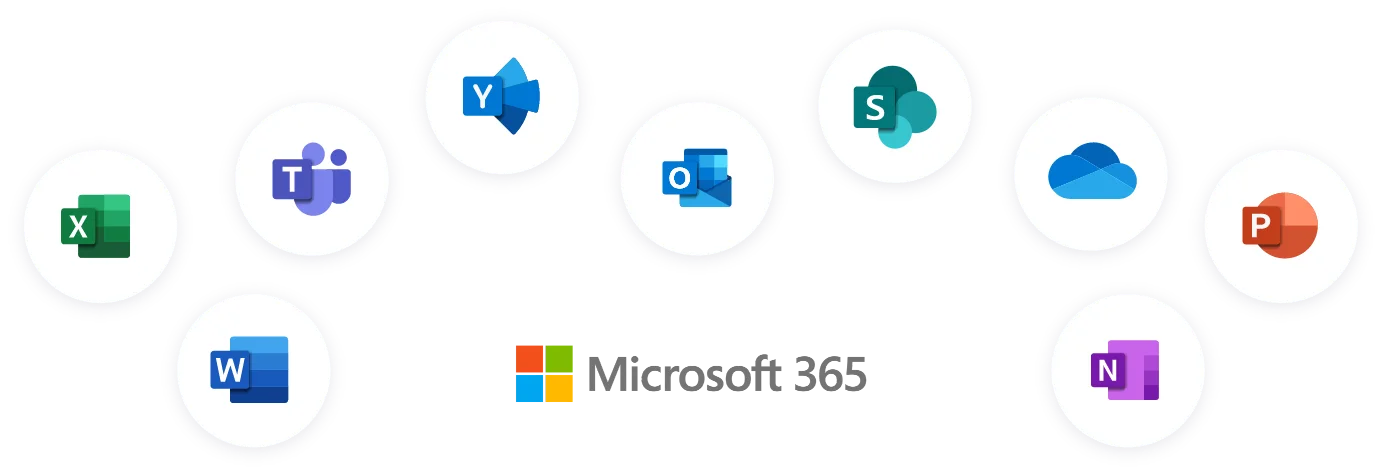

Ad hoc support in Dynamics 365 may be provided via a number of channels, including phone, email, and online chat. Moreover, customers may have access to a customer portal where they can submit and follow up on support requests, read knowledge base articles, and communicate with support staff. Depending on the exact Dynamics 365 service being utilized and the service level agreement (SLA) in place between the customer and the service provider, the level of ad-hoc support provided may change.

Ad hoc support can be helpful when a customer needs immediate help with a particular problem or query but does not necessarily need continuing support or maintenance services. Customers can take advantage of this to receive support on a flexible basis without signing a long-term support contract.

Nebulaa offers ad hoc support in D365 via a variety of techniques, such as:
Nebulaa can provide ad hoc help by providing clients with their contact information, so they can be contacted whenever they need assistance.
Nebulaa can access clients' D365 environments remotely using Remote Desktop Protocol (RDP) or Virtual Private Network (VPN).
Nebulaa can provide support if necessary on-site by travelling to customers' location to address problems or offer training.

Quick Issue resolution
Cost-effective
Flexibility
Expert advisory
Enhance user experience

Microsoft Dynamics 365 offers two different types of support options: Ad-hoc and On-Demand Help.
Ad-hoc support is a term used to describe a one-time or irregular assistance request that is not covered by an ongoing support contract. This kind of assistance is often used for minor problems or inquiries that don't call for a lot of troubleshooting or development work. Ad-hoc assistance is priced either hourly or as a predetermined charge for a particular work.
On the other hand, on-demand support is a more extensive support solution that offers ongoing maintenance and support for a Dynamics 365 deployment. Usually, a service level agreement (SLA) with a Microsoft partner or provider includes this kind of support. Services like system monitoring, problem solving, software updates, on-going training, and advice may all be part of on-demand support.
In conclusion, On-Demand support is a proactive method that offers ongoing maintenance and support for a Dynamics 365 setup, whereas Ad-hoc assistance is a reactive approach to support.
Microsoft Dynamics 365 offers two different types of support options: Ad-hoc and On-Demand Help.
Ad-hoc support is a term used to describe a one-time or irregular assistance request that is not covered by an ongoing support contract. This kind of assistance is often used for minor problems or inquiries that don't call for a lot of troubleshooting or development work. Ad-hoc assistance is priced either hourly or as a predetermined charge for a particular work.
On the other hand, on-demand support is a more extensive support solution that offers ongoing maintenance and support for a Dynamics 365 deployment. Usually, a service level agreement (SLA) with a Microsoft partner or provider includes this kind of support. Services like system monitoring, problem solving, software updates, on-going training, and advice may all be part of on-demand support.
In conclusion, On-Demand support is a proactive method that offers ongoing maintenance and support for a Dynamics 365 setup, whereas Ad-hoc assistance is a reactive approach to support.